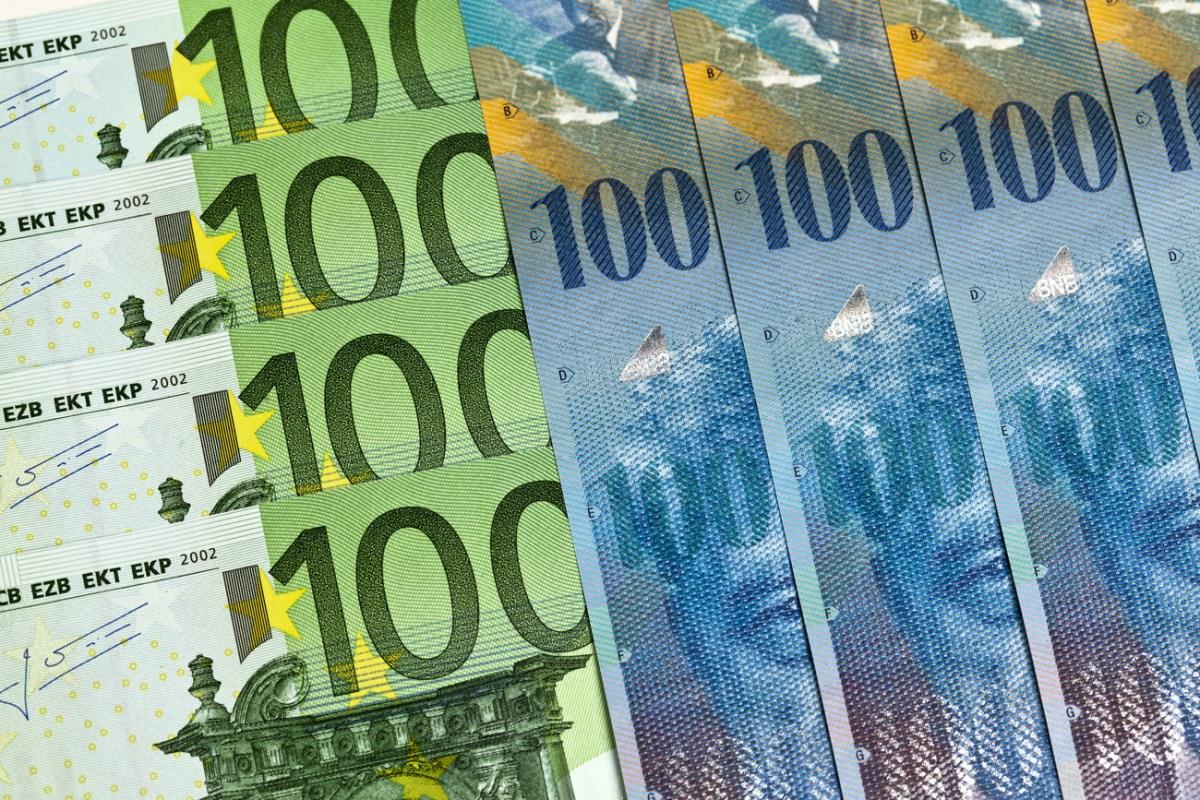
Swiss-EU Economic Relations In Eight Charts
I write original and in-depth data-driven articles using my skills in data analysis and visualisation. I cover a wide array of topics, among which are Switzerland's place in global trade, climate change and demographics. Born and raised in France, I studied international relations in Lyon, then graduated from Lille journalism school in 2011. I have been living in Switzerland since 2012 and worked at RTS for eight years before joining SWI swissinfo in 2020.
- More from this auth
- French Departme
- Deutsch de Die Wirtschaftsbeziehungen Schweiz-EU in acht Grafiken Read more: Die Wirtschaftsbeziehungen Schweiz-EU in acht Grafike
- Français fr Huit graphiques pour comprendre les relations économiques entre la Suisse et l'UE Original Read more: Huit graphiques pour comprendre les relations économiques entre la Suisse et l'UE
- Português pt Oito gráficos para compreender as relações econômicas entre a Suíça e a UE Read more: Oito gráficos para compreender as relações econômicas entre a Suíça e a U
New bilateral agreements between this country and the EU were announced on December 20, 2024, after several years of protracted negotiations. On the Swiss side, they are yet to be approved by parliament and the nation's voters.
The latest deal has received a mixed reaction in Switzerland. Hailed by business and liberal opinions, the accords were initially criticised by labour unionsExternal link . The latter singled out the insufficient protection of wages and the liberalisation of the electricity market. In March the Swiss government adopted a package of measures to protect Swiss wages, which were backed by employers and unions.
The Swiss People's Party opposes the new treatyExternal link . The free movement of people is a fundamental problem for the right-wing party, which has been trying for years to reinstate immigration quotas.
This article highlights the interdependencies between the economies of the EU and Switzerland as they are a central aspect of discussions on the bilateral treaties.
Switzerland is not a member of the EU. Neither does it belong to the European Economic Area (EEA) like Iceland, Norway and Liechtenstein. None of this prevents Bern from having close economic relations with Brussels.
Economic and trade cooperation between Switzerland and the EU is regulated by a set of bilateral accords. These treaties have aligned a great deal of Swiss law with that of the EU and given Swiss businesses direct access to European markets.
“These accords go much further than a traditional free trade agreement,” explains Michael Fridrich, head of the economic and commercial section of the EU Delegation to Switzerland and LiechtensteinExternal link .“The free movement of people and mutual recognition of each other's standards of conformity, for example, are elements not found in other agreements, and they are advantageous to both sides.”
Bilateral free trade agreement (1972) : This accord marked the beginning of official relations between the two neighbours and aimed to eliminate obstacles to trade (only goods were included here).
Bilaterals I (1999): After Swiss voters declined to join the EEA in 1992, Bern and the EU agreed on a package of seven sector-by-sector accords. The most notable ones relating to trade were the agreement on the free movement of people, mutual recognition of conformity declarations, and access to several key sectors of the internal market (agriculture, transport, public tenders).
Bilaterals II (2004): Nine subjects were covered in these additional accords, such as the reduction of customs tariffs on food products and the end of systematic passport checks at the border thanks to the integration of Switzerland into the Schengen area.
Bilaterals III (2024): This package included two new agreements in the areas of electrical power and food safety. It also addresses institutional questions that had been left open up until that point.
A comprehensive review of the current situation regarding the bilateral treaties can be found in this article .
a small, rich, industrialised country with few natural resources, so it's hardly surprising that it's deeply involved in international trade – and this primarily with its neighbours.
According to the government, it is“well established” that the bilateral accords have“contributed extensively” to Switzerland's good economic performance and that the country would have much to lose if the accords ceased to exist, says the State Secretariat for Economic Affairs (SECO) on its websiteExternal link . SECO declined a request from SWI swissinfo, saying it is not currently giving interviews on this topic and pointing instead to studies commissioned by Bern in the past few years.
The Swiss business federation economiesuisse also finds the bilateral accords with the EU to be“an essential pillar of Switzerland's prosperityExternal link”. Other, more critical voices maintain that the real impact of the bilateral accords is hard to see from an economic point of view.
>> Read more: two opposing opinions on advantages and disadvantages of the bilateral accords with the EU from an economic perspective:
More Opinion More Bilateral path with EU is in 'the interest of Switzerland and its economy'This content was published on Mar 27, 2025 To guarantee Switzerland's prosperity, the Alpine country must develop relations with its main trading partner the European Union, says Cristina Gaggini of economiesuisse.
Read more: Bilateral path with EU is in 'the interest of Switzerland and its economy
Legal Disclaimer:
MENAFN provides the information “as is” without warranty of any kind. We do not accept any responsibility or liability for the accuracy, content, images, videos, licenses, completeness, legality, or reliability of the information contained in this article. If you have any complaints or copyright issues related to this article, kindly contact the provider above.






















Comments
No comment